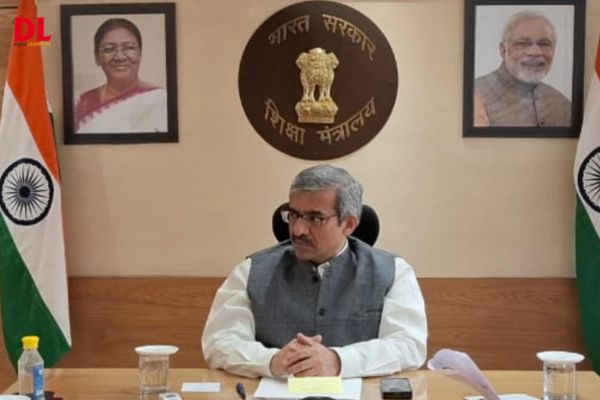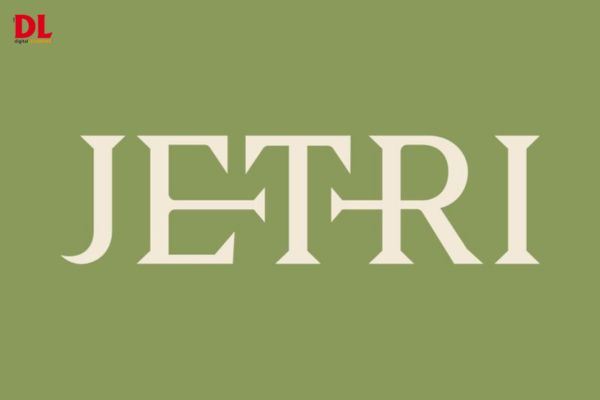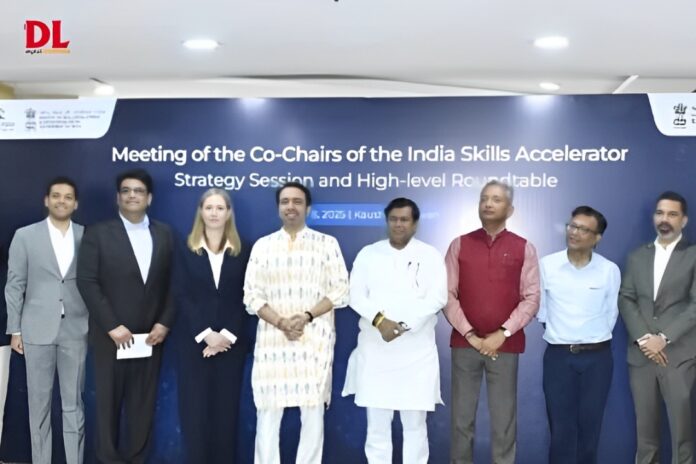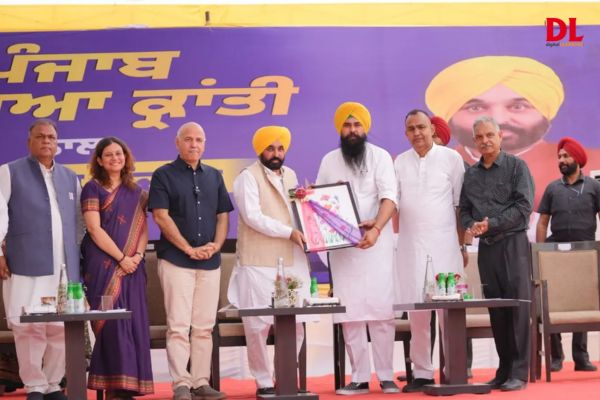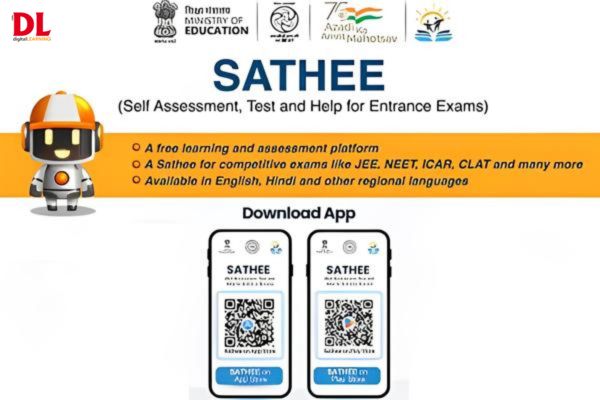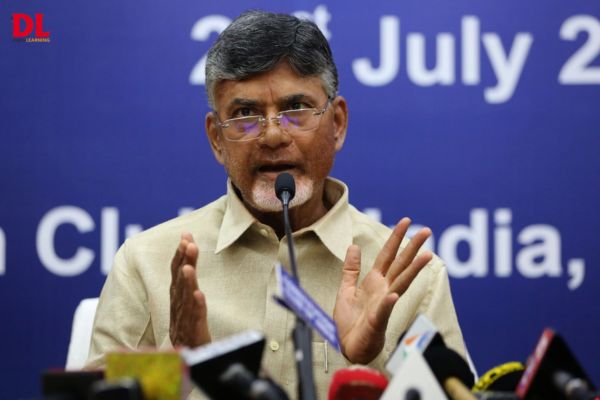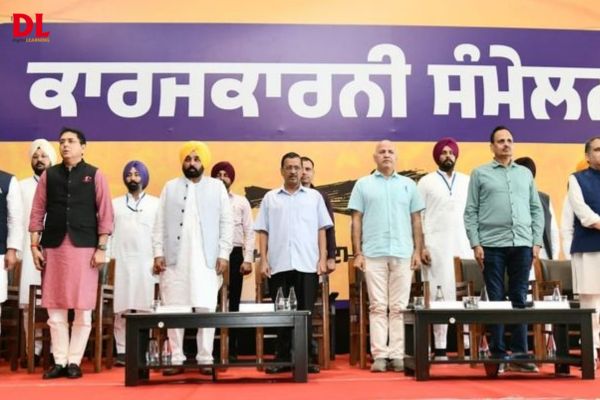The Ministry of Education has entrusted Vineet Joshi, currently serving as the Secretary of the Department of Higher Education, with the additional responsibility of Chairperson of the University Grants Commission (UGC). This interim appointment comes in the wake of the retirement of former UGC Chairman, Professor Mamidala Jagadesh Kumar. Joshi will carry out the duties of the UGC head until a permanent replacement is named or until further instructions are issued.
Vineet Joshi is an alumnus of the Indian Institute of Technology (IIT) Kanpur, where he earned his BTech in Mechanical Engineering. Recognised as an Institute of National Importance, IIT Kanpur consistently ranks among India’s top educational institutions. In the QS World University Rankings 2025, it was placed at 263 globally, while the National Institutional Ranking Framework (NIRF) 2024 ranked it 5th overall and 4th in the engineering category.
Joshi further pursued an MBA in International Business from the Indian Institute of Foreign Trade (IIFT), New Delhi, where he graduated as a gold medalist. He later completed his PhD in Quality Management from the same institute. IIFT’s global reputation in trade and business education is reflected in its 63rd position in the QS International Trade Rankings 2025 for its MBA and Master’s programmes.
Also Read: Pramath Sinha announces launch of Jetri as Next Chapter in transforming Indian education
Prof. Mamidala Jagadesh Kumar, who led the UGC since February 2022, played a pivotal role in shaping the trajectory of India’s higher education landscape. His tenure saw major reforms, including the launch of the Central University Entrance Test (CUET) for undergraduate and postgraduate courses. He also oversaw the integration of the National Education Policy (NEP) 2020 across higher education institutions, driving structural and academic transformation in line with the policy’s vision.







